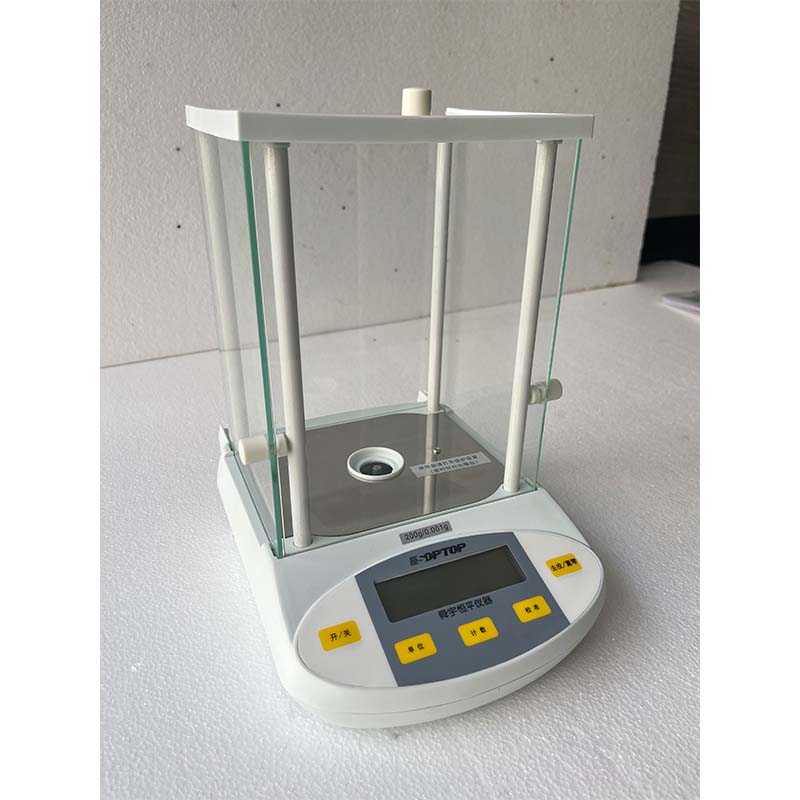Essential Equipment for Evaluating Tensile Strength in Material Testing
Understanding Tensile Strength Testing Equipment
Tensile strength testing is a crucial phase in material science and engineering that assesses the strength and ductility of materials. It helps in determining how materials will behave under tension and is fundamental in various industries including construction, manufacturing, and materials research. Tensile strength testing equipment is designed to measure these properties accurately, ensuring that materials meet safety and performance standards.
What is Tensile Strength?
Tensile strength is defined as the maximum amount of tensile (stretching) stress that a material can withstand before failure. This property indicates how much force a material can endure while being stretched or pulled before breaking. It is a critical parameter because it helps engineers choose appropriate materials for specific applications, ensuring reliability and safety.
Types of Tensile Strength Testing Equipment
Tensile tests are primarily conducted using specialized equipment known as tensile testing machines or universal testing machines (UTMs). These machines apply a controlled tensile load to a specimen until it fails, providing key data regarding tensile strength, yield strength, elongation, and reduction of area.
1. Universal Testing Machines (UTMs) UTMs are versatile machines capable of performing various mechanical tests, including tensile, compression, and flexural tests. They can be equipped with different fixtures and grips tailored for specific materials such as metals, plastics, and composites. UTMs typically feature digital displays that provide real-time data and analysis, making them suitable for both laboratory and quality control settings.
2. Hydraulic Testing Machines Hydraulic machines utilize fluid power to apply force to a specimen. These machines are ideal for larger specimens or when high load capacities are required. Hydraulic systems offer smooth operation and high precision in exerting force, making them a popular choice for industrial applications.
3. Electromechanical Testing Machines This type of machine uses electric motors to apply tension. Electromechanical systems are known for their high accuracy and are especially suited for tests that require fine control of loading rates. They are widely used in labs for research and product development.
4. Static Load Testers These machines are utilized for testing large structures or components in situ. They apply a static load to determine how the material will perform under service conditions. Static load testing is essential in the construction industry to ensure that buildings and bridges can handle expected loads.
Key Components of Tensile Testing Equipment
Regardless of the type of tensile testing machine, several key components are essential for accurate testing
- Load Cell This is the device that measures the force applied to the specimen. It converts the force into an electrical signal that can be processed and displayed.
tensile strength testing equipment

- Grips and Fixtures These are used to securely hold the test specimen in place
. Proper gripping is critical to prevent slippage or premature failure.- Extensometers These devices measure the amount of elongation that occurs as the material is pulled. They help in calculating strain, which is crucial for understanding the material's ductility.
- Control Systems Modern tensile testing machines come equipped with sophisticated control systems that allow for programmable loading rates, automatic data collection, and analysis.
Testing Procedures
The tensile testing procedure typically follows these steps
1. Sample Preparation Specimens are prepared in specific shapes and dimensions according to relevant standards (ASTM, ISO, etc.) to ensure consistency and reliability.
2. Mounting the Specimen The specimen is securely mounted in the grips of the testing machine.
3. Applying Load The machine applies a controlled tensile force, gradually increasing until the specimen breaks.
4. Data Collection Throughout the testing process, the machine collects data on stress, strain, load, and elongation.
5. Analysis Finally, the data is analyzed to determine key properties such as ultimate tensile strength, yield strength, and ductility.
Conclusion
Tensile strength testing equipment plays a pivotal role in ensuring that materials used in various applications are adequate for their intended purposes. By accurately measuring tensile strength and related properties, industries can enhance material safety, improve product design, and maintain regulatory compliance. As technology advances, tensile testing machines are becoming increasingly sophisticated, making testing procedures more efficient and reliable than ever before. Understanding this equipment is essential for engineers and quality assurance professionals aiming to improve material performance and safety.
-
Why the Conductor Resistance Constant Temperature Measurement Machine Redefines Precision
NewsJun.20,2025
-
Reliable Testing Starts Here: Why the High Insulation Resistance Measuring Instrument Is a Must-Have
NewsJun.20,2025
-
Flexible Cable Flexing Test Equipment: The Precision Standard for Cable Durability and Performance Testing
NewsJun.20,2025
-
Digital Measurement Projector: Precision Visualization for Modern Manufacturing
NewsJun.20,2025
-
Computer Control Electronic Tensile Tester: Precision and Power for the Modern Metal Industry
NewsJun.20,2025
-
Cable Spark Tester: Your Ultimate Insulation Assurance for Wire and Cable Testing
NewsJun.20,2025
 Copyright © 2025 Hebei Fangyuan Instrument & Equipment Co.,Ltd. All Rights Reserved. Sitemap | Privacy Policy
Copyright © 2025 Hebei Fangyuan Instrument & Equipment Co.,Ltd. All Rights Reserved. Sitemap | Privacy Policy
